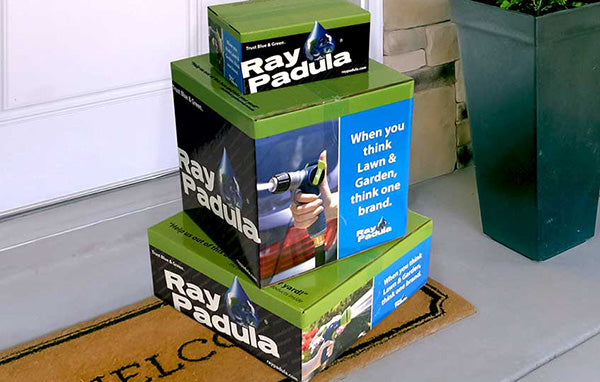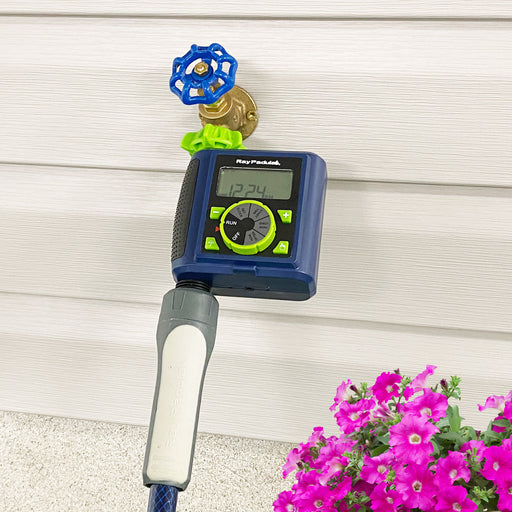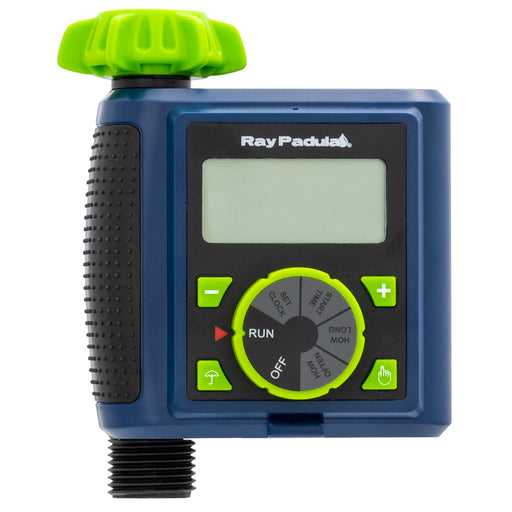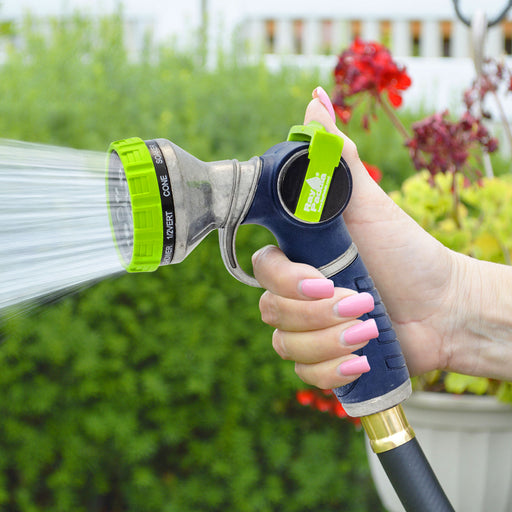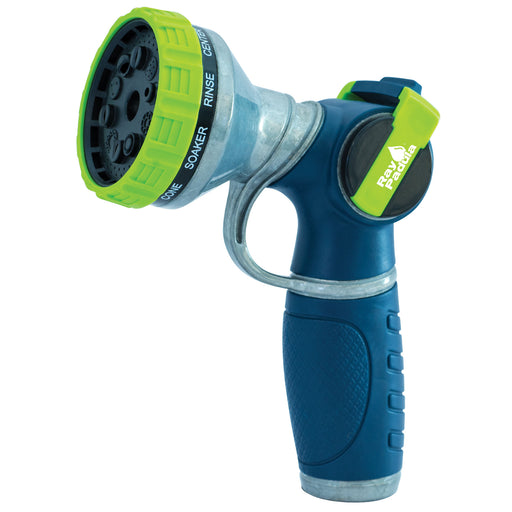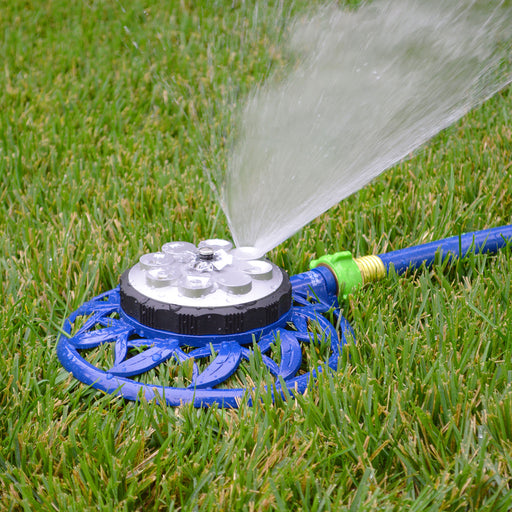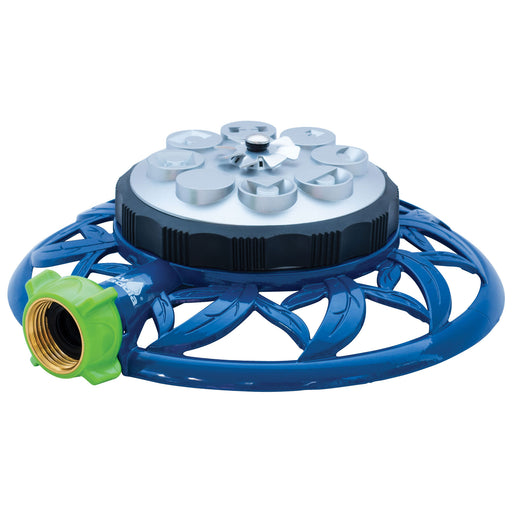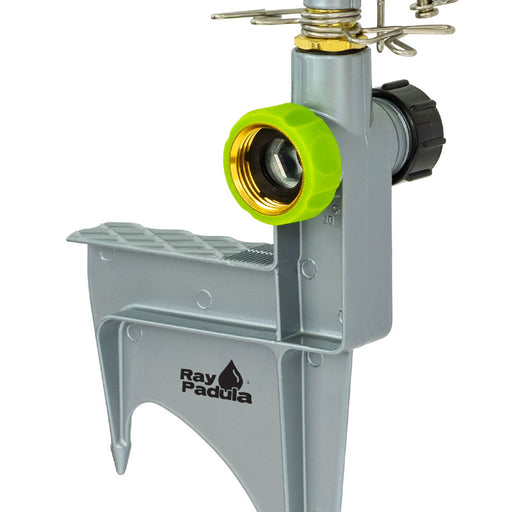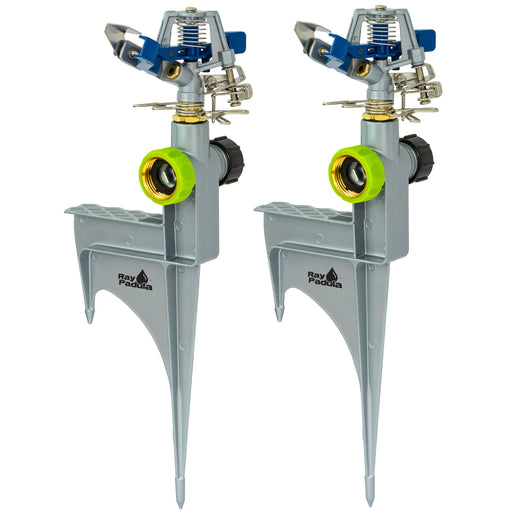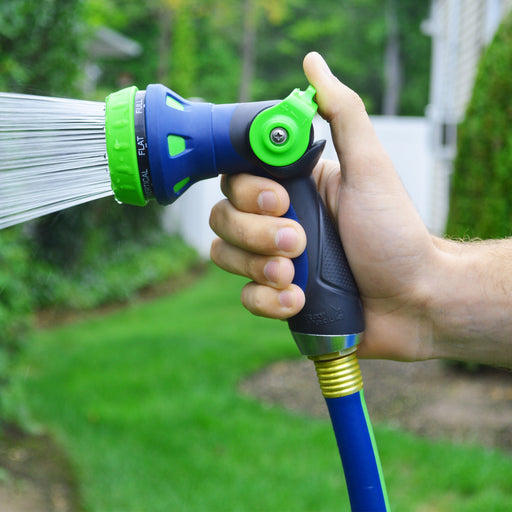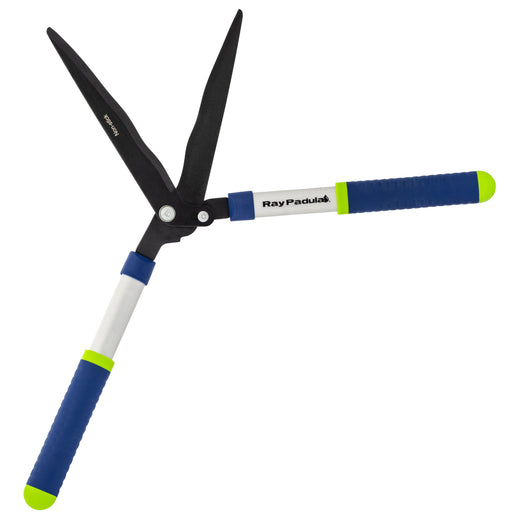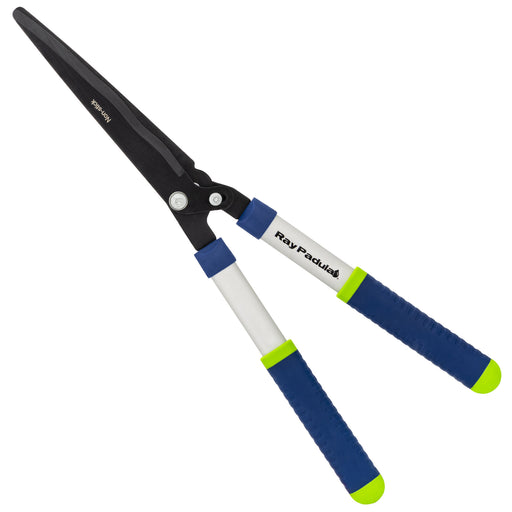
As a gardener, you're already doing a lot to benefit the Earth. Whether you plant lots of flowers or grow an entire vegetable patch, any type of gardening helps to reduce your carbon footprint and supports the native wildlife population.
Unfortunately, there are still many aspects of gardening that creates excessive waste. Just think about how many plastic pots and plant tags are left when you finish a big day of planting. Today, we'll be showing you some ways you can cultivate greener habits in your garden by limiting waste, and taking advantage of items that would otherwise be headed for a landfill.
It's easy to reduce, reuse, and recycle your way to a much greener yard and garden!
1. Sprout Your Kitchen Scraps
If you have children, you might remember your children excitedly putting a potato, avocado pit, or some green onions into a bowl of water, and watching them grow. This easy and convenient recycling doesn't need to end once your children grow up!
Everything from potatoes to fennel, celery, carrots, lettuce, and herbs can be regrown from scraps. Just leave them in a shallow dish root-side down until they sprout, then plant the entire plant in your garden.
2. Turn a Piece of Furniture into a Planter
Want to make a fun and functional planter? Look no further than your garage, where most people store old furniture, clothing, and sometimes even appliances that aren't being used any more. Instead of sending these items to the landfill, give them a second life as a planter. Almost anything, from a teapot or an old pair of boots, all the way up to a bathtub, or chest of drawers, can be upcycled into a whimsical, yet functional planter.
To make sure there's plenty of drainage, you may have to drill a few holes, but with some rocks, soil, and mulch, it doesn't take much to run any landfill-bound object into a brand new planter, and a great conversational piece!
3. Compost
Composting is a great habit to get into. It saves your organic waste from the landfill, and ensures a steady supply of rich, nutritious soil for your plants. You can buy a compost bin from most garden centers and home improvement stores, or just make a pile in your yard. Make sure not to pile up against your house or a wall to prevent staining.
A good mix of greens (vegetable matter and fresh leaves) and browns (carbon-rich dead leaves, newspaper, and sawdust) is helpful for ensuring a faster decomposition. If you remember to turn it over regularly for aeration and the weather cooperates, you could be putting your compost to use in less than three months.
4. Trade Plants with your Neighbors
Instead of buying all of your plants new, make a habit of trading plants with your neighbors. Often, when plants get large enough, they can be divided without disrupting growth. Other plants like succulents will sprout entirely new plants from just one leaf.
The next time you want a specific plant, use social media to advertise what plants you have to offer, and ask friends and neighbors whether they have any to trade.
5. Refinish Old Patio Furniture
After a few seasons, outdoor furniture can start to get dingy, and may not feel as stable as it did when it was new. Instead of replacing it immediately, take an afternoon to refinish and repair it to make it last a few more seasons. With just a simple paint job, it'll look brand new!

6. Automate Watering
Every garden needs water regularly in order to thrive. However, watering too often, at the wrong time, or forgetting to turn off the sprinkler can waste water, and even damage your plants. Instead of relying on memory, automate your watering. These automatic timers attach to your outdoor faucet or sprinkler and can be easily programmed to water your lawn and garden for a set duration, automatically, every day.
Gardening is already a very 'green' activity, but with a few adjustments, you can make it even more environmentally friendly.
Legal Disclosure:
This post is provided for informational, educational purposes only. This information is intended to provide general guidelines. Because tools, products, materials, techniques, and local codes are constantly changing, Ray Padula Holdings assumes no responsibility for the accuracy of the information contained herein and disclaims any liability for the omissions, errors, or outcomes of any projects or tasks completed. It is the responsibility of the reader to ensure compliance with all local laws, rules, codes, and regulations for any projects completed. If there are any questions or doubts regarding any elements of any information provided, consult a local, licensed professional.


